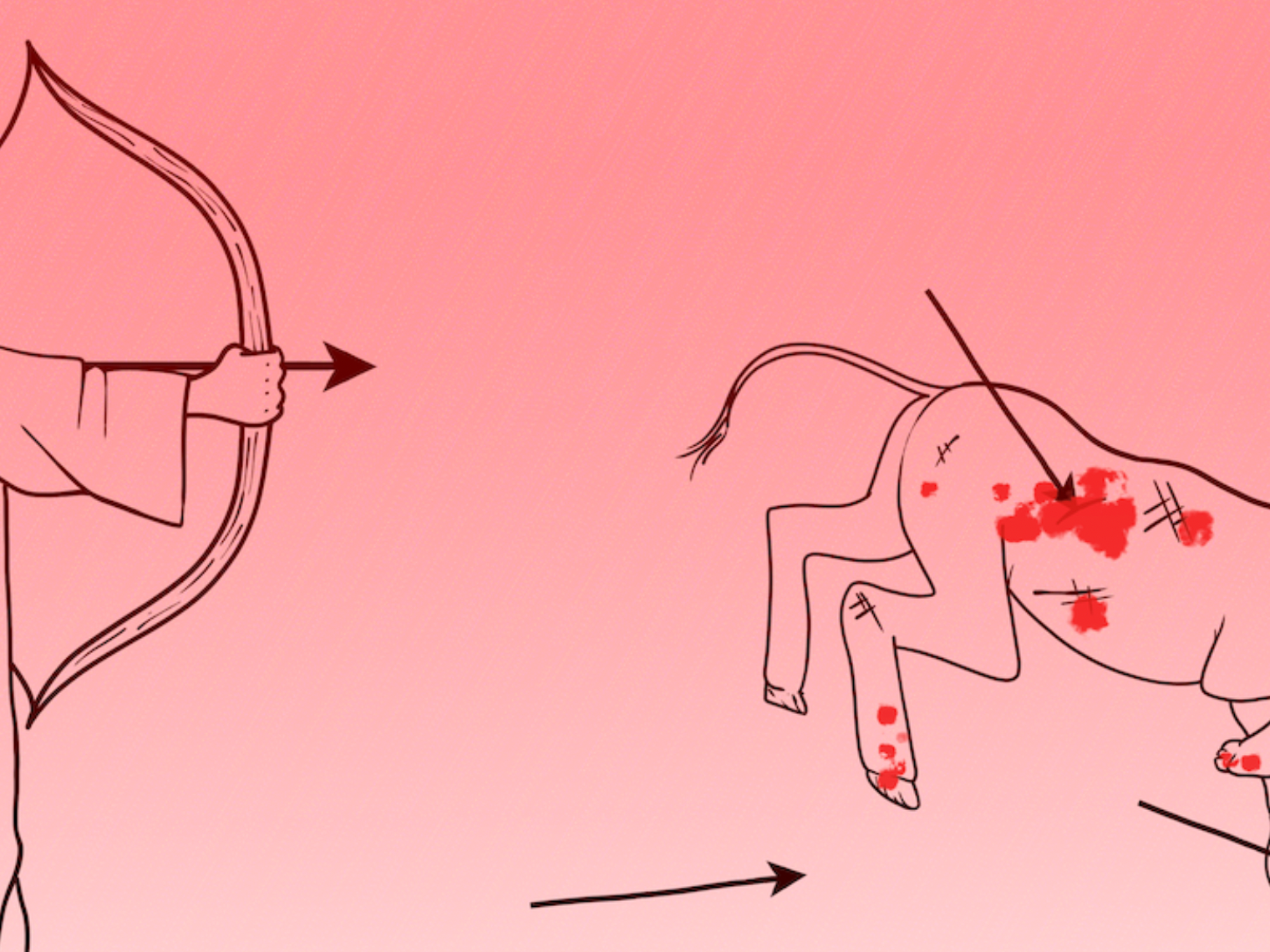By now it is doubtful that many people—regardless of whether they reside within or without the city of Portland—have illusions about the authenticity of Ted Wheeler’s portrayal as a progressive.
In the face of the historic uprising for Black lives and police abolition after the brutal murder of George Floyd, Wheeler refused calls to give up his position as police commissioner. He has continually stood in the way of substantive police reform.
In 2020, the city passed police funding cuts due to mounting public pressure only to have Wheeler turn around and increase their funding the following year using the same tough-on-crime tropes as conservatives, in spite of more police not being a real solution to the increase in violent crime we have seen. Sending in armed state mercenaries is much easier than owning up to and facing the scale of economic and institutional failure we are experiencing.
He has also continued to shirk responsibility for the undeniable brutality Portland police meted out on protestors night after night under his command in 2020 and into the present.
There is also his continued courtship with conservative business lobbies like the Portland Business Alliance (PBA). According to the Willamette Week, PBA was fined for violating city lobbying rules 25 times, writing that “the penalty is significant in part because Wheeler’s narrow reelection victory in November was largely bankrolled by business interests, which were simultaneously making policy demands of his office that they failed to disclose to the public.”
Combine all of that with his continual dehumanization of houseless people through policies of sweeps and inhumane camping bans, as well as lack of access to housing, exorbitant costs of living and developer greed, and it’s hard to see Wheeler as anything other than the typical rich businessman’s lackey.
But Tear Gas Teddy comes from a long line of white settler colonial ancestors who were eager to cut up the Indigenous lands known as the Oregon territories. These so-called pioneers exploited natural resources and amassed the kind of massive wealth necessary to catapult Wheeler to the position of power and dominance that he currently maintains.
In 1912 Ted Wheeler’s great-grandfather Coleman Wheeler founded a lucrative timber company in Wheeler, Oregon, but only after they and their cohorts cleared the timber-rich lands of the Siletz and Tillamook tribes who had lived upon them for thousands of years. An article from 1913 in the Tillamook Observer wrote that the wealthy Wheeler Lumber Company founded the coastal town “employing only white labor.”
Throughout the 20th century, the company expanded all across Oregon and into Northern California, amassing more and more Indigenous lands and deforesting them for the family’s financial gain. After Coleman passed away in 1973, Ted Wheeler’s father Samuel Wheeler took the reins of the company and led the merger with several others to become Willamette Industries. Weyerhaeuser bought them out in 2002 for $6 billion, leaving Samuel Wheeler controlling 1.5 million shares worth about $83 million.
An incredibly important and often neglected aspect of these events was the devastating Indian Termination Policy implemented by the United States government from the 1950s to the 1970s. These policies aimed to end the federally protected land trusts agreed to in countless treaties signed between tribes and the U.S.
Under Public Law 588, the Oregon coastal tribes of Siletz, Grand Ronde, Coquille, Coos, Lower Umpqua, Siuslaw and others were terminated on Aug. 13, 1954, when President Eisenhower signed the bill into law. Donald Fixico reported that each tribal member received a final per capita payment of $792.50 for the sale of Grand Ronde reservation timber and grazing lands to U.S. timber interests.
One of the largest of those coastal benefactors was the Wheeler Lumber Company.
Termination was also devastating to the Klamath Tribe of Southern Oregon and Northern California. David G. Lewis wrote that “the Klamath Reservation was very wealthy in timber and water resources, and included a large forest of about 1 Million acres of Ponderosa Pine and access to the upper Klamath River as well as the headwaters of the river.” The tribe lost water rights, fishing and hunting rights and their land was sold off to private parties in 5000-acre increments.
These policies almost ensured the end of these dispossessed tribes—all as more money flowed into the coffers of wealthy timber companies like the one owned by the Wheelers.
The Siletz, Cow Creek Band of the Umpqua Tribe, Coos, Lower Umpqua, Siuslaw, Klamath and Coquille tribes fought back and did win back federal recognition and some small remnants of their federally-protected trust lands throughout the 1970s and ‘80s.
For the Klamath the damage was already done, and as Fixico wrote, “the law did not restore all of their former reservation lands, leaving them only a dozen small areas of about 300 acres in Klamath County.”
According to the World Forestry Center, Coleman Wheeler was “always proud of his pioneer heritage, he was a former director of the Oregon Historical Society. In 1962, he was made a trustee of the Oregon State University Foundation.”
These Oregon institutions continue to glorify “pioneers” like Wheeler’s ancestors while their descendant presides over the largest city in Oregon and continues the pro-business colonial exploitation of these lands and the people on them, Indigenous and settler alike.
I wish that this kind of privilege and pseudo-royal white settler ascendancy were an anomaly in the contemporary era of the so-called United States. However, when you follow the money and trace the ancestry of our current batch of political and economic leaders across the nation, most of them derive from these same kinds of circumstances.
This history is alive today as it manifests in the wealth and sovereignty stolen from Indigenous people, enslaved people, immigrants and even disenfranchised white settlers promised a better position if they remained loyal to the racial caste they joined by virtue of having white skin at birth.
So-called progressive Democrats across the nation stand as inheritors of this legacy just as deeply as conservative Republicans do. Both also continually fight for their true class interests in maintaining the empire through military imperialism, economic hegemony, ecological devastation through resource exploitation and all of the other requisites to keeping the parasite of capitalism functioning.
Ted Wheeler isn’t all that different from Donald Trump when it comes to their inheritances of vast family fortunes through generational violence and their modern amassing of power and influence, as well as whom in our society they really answer to.
In 2016, the Willamette Week reported that Ted owned “a $1.3 million home in Portland’s West Hills, a beachfront home in Arch Cape, Ore., and an $800,000 property in the San Juan Islands.”
He should give these and all of his riches back to the Indigenous descendants of the people his ancestors robbed. Further, we as a society should organize ourselves to fight back against these systems of death, misery, exploitation and ecological pillage. Give the land back to the over 566 tribes of Turtle Island, ask their forgiveness, make restitution and build a new society based upon human flourishing. None of the political parties are going to do any of this, but it must be done.
Illustration by Whitney McPhie










